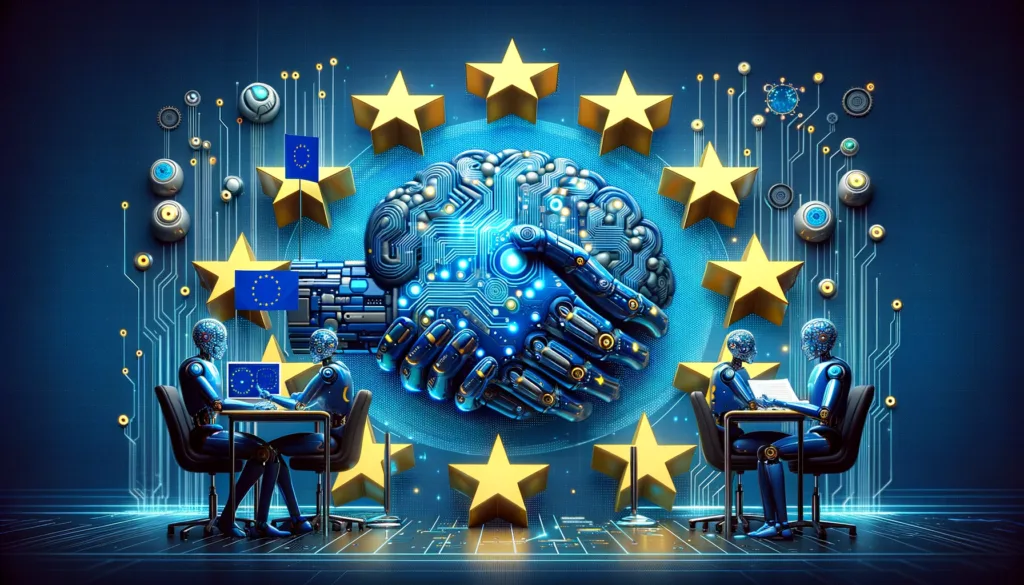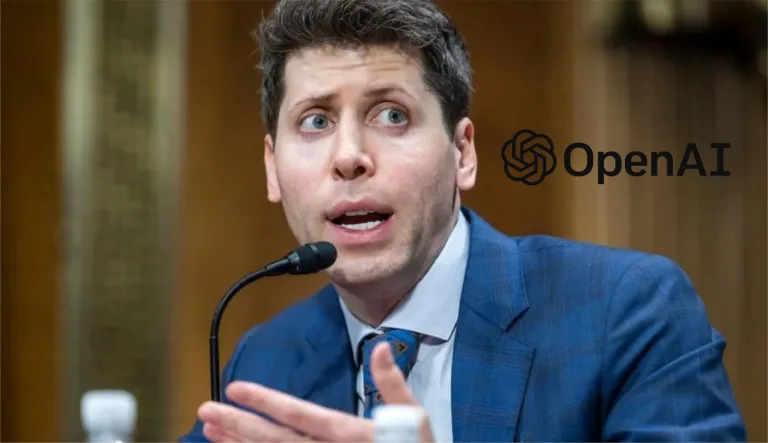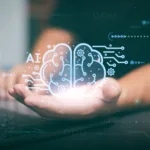
European Union negotiators have just scored a major win in the tech world. They’ve reached a deal on the first-ever comprehensive AI rules.
This is a big deal for the future of popular AI services like ChatGPT. It’s not just about fancy tech talk; these rules could shape our daily lives and address the risks AI poses to humanity.
After intense talks, the EU Parliament and member countries found common ground on tricky issues like generative AI and police facial recognition.
Thierry Breton, European Commissioner, proudly tweeted about this milestone. The EU is now the first continent with clear AI usage rules.
These negotiations weren’t a walk in the park. The first session alone lasted 22 hours, and more discussions followed.
The goal was to create a flagship legislation. While the fine print still needs ironing out, expect more behind-the-scenes action.
Back in 2021, the EU led the charge by introducing the first draft of AI guidelines. But the recent surge in generative AI, like ChatGPT, pushed them to update their plan. This new rulebook could become a global model.
The European Parliament’s vote is coming next year. But with the deal in place, that’s likely just a formality. Italian lawmaker Brando Benifei was thrilled, admitting some compromises but overall happy with the outcome.
The new law, which might take effect in 2025, warns of heavy fines for violations. We’re talking up to 35 million euros or 7% of a company’s global turnover. This is serious business.
Generative AI systems have taken the world by storm. They can write, create images, and even compose music. But they also raise concerns about job security, privacy, and the potential misuse of technology.
The US, UK, China, and groups like the G7 are playing catch-up with Europe. They’re all rolling out their own AI regulations.
Anu Bradford from Columbia Law School believes the EU’s approach could set a trend globally. She thinks other countries might not copy everything but will likely adopt many aspects.
AI companies in the EU might extend these rules beyond Europe. Bradford says it’s more efficient than creating different models for each market.
However, some critics feel the deal was rushed. Daniel Friedlaender of the Computer and Communications Industry Association voiced concerns about missing technical details.
Originally, the AI Act aimed to classify AI risks from low to unacceptable. But lawmakers wanted to include foundation models, which are essential for AI services like ChatGPT. These models, also known as large language models, learn from vast online data to create new content.
The deal gives special attention to the most advanced models. These carry “systemic risks” and will face stricter scrutiny, including revealing their training’s computing power.
Experts worry that a few big tech companies might misuse these powerful models. They could fuel online misinformation, cyberattacks, or even bioweapon creation.
There’s also concern about the transparency of data used in training these models. These foundation models underpin AI-powered services, making their workings crucial for everyday life.
Facial recognition was a hot topic in the talks. Lawmakers wanted a total ban on public use due to privacy issues. Member countries, however, sought exceptions for law enforcement in serious crimes.
Civil society groups remain skeptical. They point out flaws in the final text, like the lack of protection in migration and border control AI systems. There are also concerns about the bans on dangerous AI systems.
Despite these debates, the EU is pushing ahead. Their regulations could change how we interact with AI in our daily lives.
It’s a big moment, possibly as impactful as the first steam train chugging along tracks. This AI revolution is set to redefine our world, and it’s anything but boring!






























